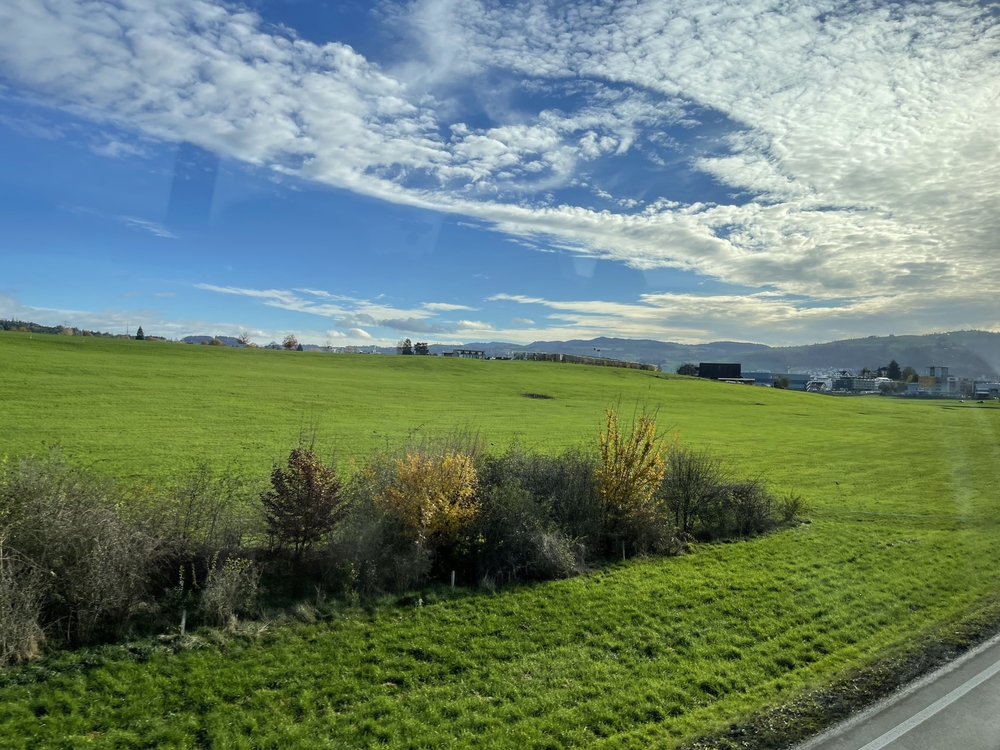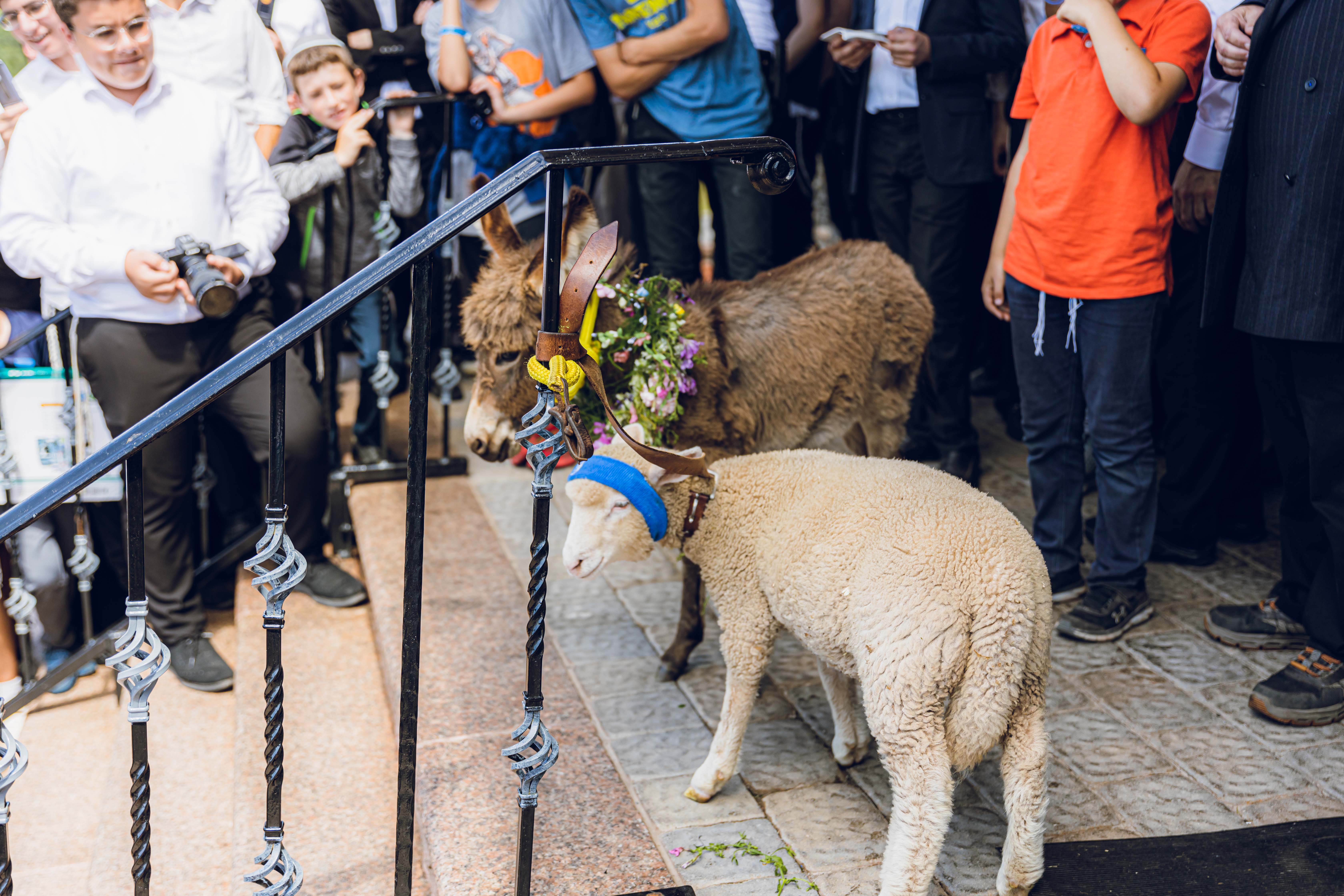Ask the Rabbi with Rabbi Chaim Mintz:
Why was humanity only permitted to eat meat after the Mabul (The Great Flood)? And why did the Torah later differentiate between kosher and non-kosher animals?
Rabbi Chaim Mintz responds:
Meat Before The Flood?
This is an excellent question, and is addressed by the Sefer Ha’Ikkarim (3:15), who explains as follows: When Hashem (God) created the world, He told Adam, “I have given you every seed-bearing plant…and every tree that has seed-bearing fruit; they shall be yours for food” Bereishis 1:29.
Noticeably absent is animal life. Hashem’s original plan was for animals to serve mankind with providing wool, milk, and labor etc.., with the intention that humans not eat meat. Why? Because what a person eats becomes a part of him, and since animals carry coarse desires and instincts uncontrolled by intellect, eating them could have a negative effect.
The Sin Lowered Our Morale
Before they sinned, Adam and Chava were on a lofty spiritual level, and the difference between man and animal was unmistakable. After they sinned, their spiritual strength diminished, causing the body to become more prominent, and the contrast with animals was no longer as apparent. People began to wonder if man was truly greater than animals. Both had bodies, both ate from the earth, both carried out similar actions. If animals could follow their desires without restraint, why couldn’t man?
In fact, it was based on this distorted outlook that Kayin (Kain) had when he chose to bring a fruit offering (Bereishit 4:3), as he did not feel that man was worthy of slaughtering an animal.
Animal Behaviors
Things then went from bad to worse, as mankind began to cast aside its higher calling and behaved more like animals, culminating in the corrupt behavior of the generation of the Mabul. As a result of their actions, Hashem decided to destroy the world and begin anew with Noach and those in the teivah (ark).
In the new post-Mabul world, Hashem wanted to make it abundantly clear that mankind was not merely a sophisticated animal, but a higher, spiritual being. So this time, He gave them permission to eat animals, as the Torah says, “Every moving thing that lives shall be yours to eat; like the green plants, I have given you everything” (Bereishit 9:3).
This allowance would serve as a reminder that man, with his elevated soul and intellect, was superior to animals, and he must use these gifts to connect to Hashem.
A New Balance
When Hashem gave us the Torah, He raised us to new heights, and did not want us to be dragged down by consuming animals that could damage our souls and character. At the same time, He wanted the lesson that man is above animals to dominate. The balance was struck through the laws of kashrut: kosher animals, which do not harm the neshamah (soul), were permitted for consumption, while the more harmful ones were forbidden.
Today, it’s okay to eat meat and it has become a regular part of Jewish life. On Shabbat, Yom Tov, and at festive meals such as a bar mitzvah, pidyon haben, or wedding, it is a mitzvah to eat meat in celebration.
When eating is done for a higher purpose, with the proper intent and in accordance with Torah law, even the animal is elevated in the process (as explained in Ask the Rabbi Book 1, “Being a Vegetarian”).
In Short:
Originally, man was forbidden to eat animals, to avoid being dragged down by their animalistic tendencies. But soon, mankind began seeing itself as an animal, forgetting its higher calling, so after the Mabul, Hashem permitted the consumption of animals to demonstrate man’s superiority.
At Matan Torah (the giving of the Torah), He struck a balance: the least harmful animals became permitted for consumption to reinforce man’s elevated status, while the most harmful animals were forbidden.
Learn more on the Torah view of being a vegetarian from the Ask the Rabbi live archives.
Have another question to ask a rabbi? You can ask Rabbi Mintz your own question by joining Ask the Rabbi Live on Tuesdays at 9PM ET. You can also submit your questions to asktherabbi@oorah.org, or head to oorah.org/asktherabbi/ to watch the latest Q&As.


